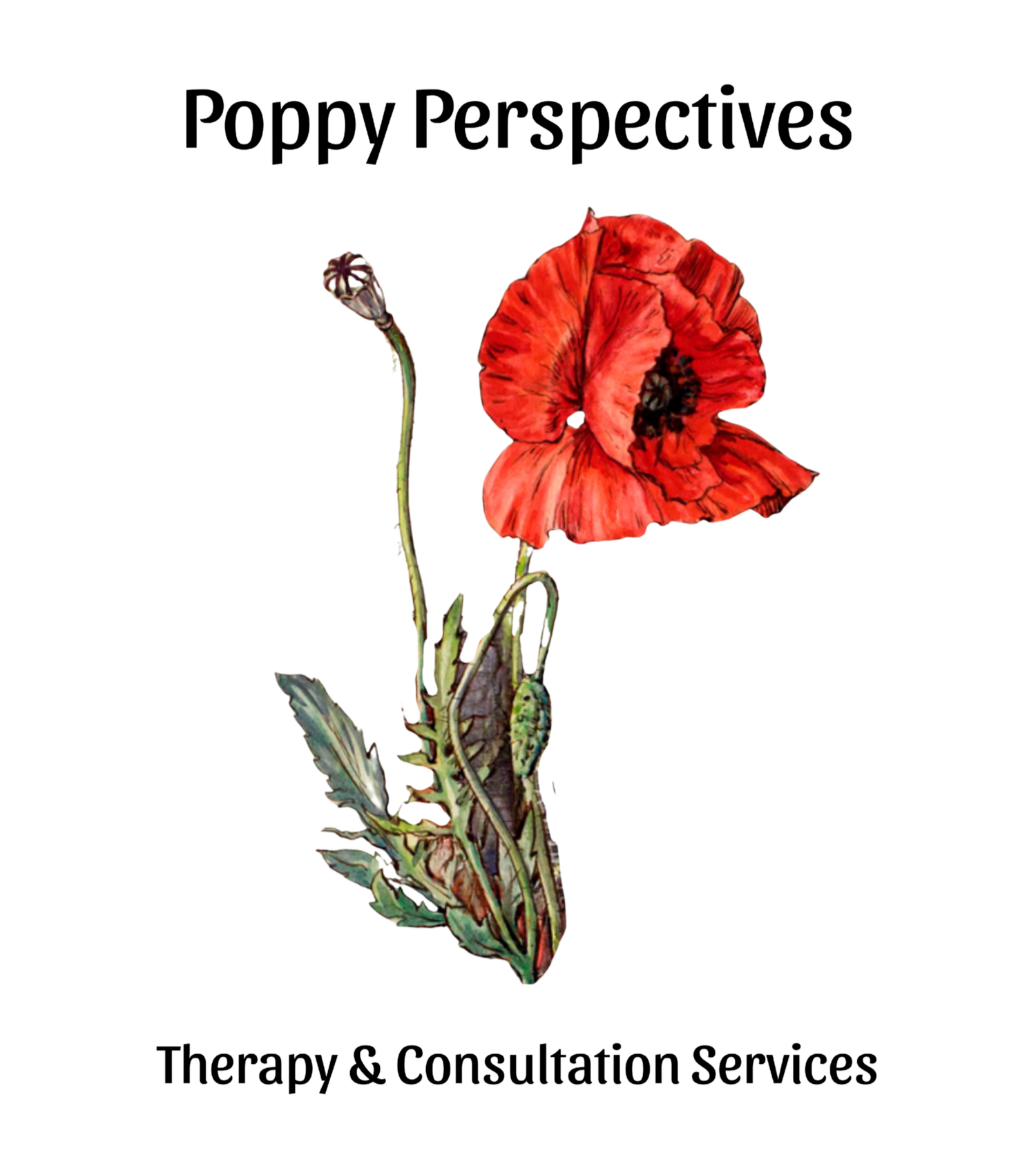The Hidden Crisis: Understanding Socio-Political Dysphoria in Our Divided World
I have been working with many people who are experiencing socio-political dysphoria. The common refrain is: "I don't recognize this country anymore." “I don’t feel safe.” This sentiment, expressed by people of all political points of view, signals something deeper than typical political disagreement. It reflects a profound sense of disconnection and fragmentation from one's social and political environment. This is resulting in a true cultural disconnect, which can feel extremely isolating. Recognizing socio-political dysphoria as a shared human experience rather than citing it as evidence of others' ignorance is a challenging topic of conversation for many. Could individual conversations within the context of therapy sow seeds rooting a discussion for rebuilding the larger scale socio-political cohesion our nation seems to have lost? All humans need a basic sense of safety to be our best and most authentic Selves. I remain hopeful that the commonalities among people feeling this socio-political dysphoria may actually be a springboard for personal and eventually communal growth.
I have been working with many people who are experiencing socio-political dysphoria. The common refrain is: "I don't recognize this country anymore." “I don’t feel safe.” This sentiment, expressed by people of all political points of view, signals something deeper than typical political disagreement. It reflects a profound sense of disconnection and fragmentation from one's social and political environment. This is resulting in a true cultural disconnect, which can feel extremely isolating.
Unlike the partisan frustration bombarding us on television, on the radio, in print and on social media, the concept of socio-political dysphoria transcends ideological boundaries. A progressive activist may worry about systemic inequality and a conservative activist may be concerned about 'traditional' values being lost in cultural change. These people may hold opposite views, yet both experience the same underlying distress around a pervasive and unsettling sense that society is fundamentally wayward in the direction we are taking.
I am seeing this disquieting phenomenon manifesting as people feeling chronically anxious, depressed, and engaging in self isolation as they struggle to find meaningful ways to engage with divided families, friends, and colleagues resulting in a personal existential crisis. Whether the fear is around the perceived erosion of traditional American values or persisting historical injustices, the psychological impact remains remarkably similar: alienation, helplessness, and a sense that personal core beliefs are under relentless siege.
Factors fueling this spectrum wide crisis include an information deluge that leaves us simultaneously over-informed and under-confident that there exists a better future for ourselves and our families. Declining institutional trust coupled with rapid technological and social change is surpassing our skills to pivot quickly and adapt psychologically. What concerns me most is that so many people feel silenced and afraid in this increasingly polarized system. People express fears that the loudest voices, regardless of social or political ideology, are driving change without engaging in thoughtful dialogue.
Recognizing socio-political dysphoria as a shared human experience rather than citing it as evidence of others' ignorance is a challenging topic of conversation for many. Could individual conversations within the context of therapy sow seeds rooting a discussion for rebuilding the larger scale socio-political cohesion our nation seems to have lost? All humans need a basic sense of safety to be our best and most authentic Selves. Speaking with people from all walks of life, while honoring and valuing diversity, I remain hopeful that the commonalities among people feeling this socio-political dysphoria may actually be a springboard for personal and eventually communal growth.

